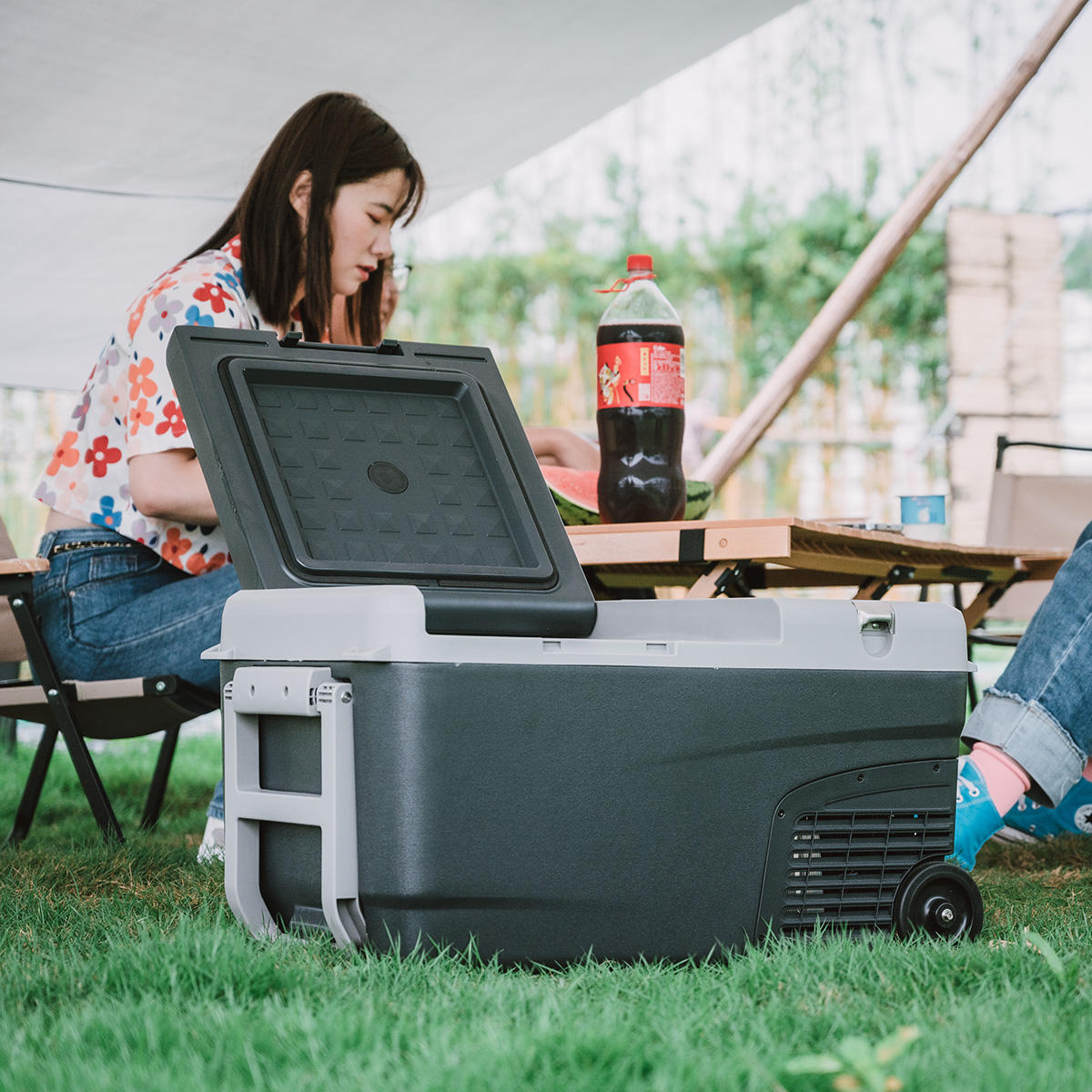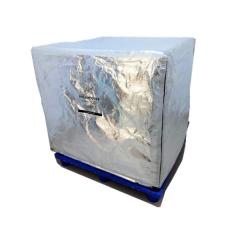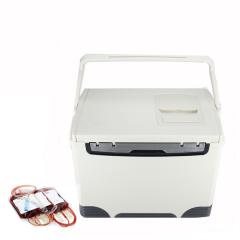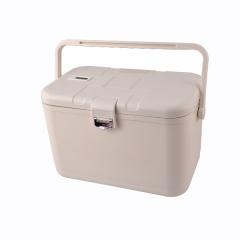Can You Run a Residential Refrigerator in an RV While Driving?

Traveling in an RV is an exciting adventure, and having the convenience of a refrigerator on board is essential for a comfortable journey. But can you run a residential refrigerator in an RV while driving? Let's delve into this question and explore the possibilities.
Understanding the Basics: Residential vs. RV Refrigerators
Before we dive into the logistics of running a residential refrigerator in an RV fridge, it's crucial to understand the fundamental differences between residential and RV-specific refrigerators.
1. Power Consumption:
-
Residential refrigerators typically require more power than their RV fridge, which are designed to operate on both propane and electricity.
2. Size and Space:
-
RV refrigerators are specifically crafted to fit the limited space within an RV, ensuring optimal storage without sacrificing mobility.
3. Dual Power Source:
-
RV refrigerators offer the flexibility when off-grid and switching to electricity when connected to a power source.
Can You Run a Residential Refrigerator While Driving?
The short answer is yes, but several factors need to be considered to ensure a smooth and safe operation.
1. Power Source:
-
Residential refrigerators typically run on standard household electrical outlets. To use one in an RV while driving, you'll need an inverter that converts your RV's 12-volt DC power to 110-volt AC power, providing the necessary electricity for the residential refrigerator.
2. Inverter Capacity:
-
Ensure that the inverter you choose has sufficient capacity to handle the power requirements of your residential refrigerator. Check the refrigerator's specifications for its wattage, and select an inverter with a higher capacity to accommodate startup surges.
3. Battery Capacity:
-
Running a residential refrigerator while driving will draw power from your RV's batteries. Make sure your RV has adequate battery capacity, and consider upgrading to deep-cycle batteries for extended usage.
4. Monitoring Power Consumption:
-
Keep a close eye on your RV's power consumption, especially if you're running other appliances simultaneously. Avoid draining the batteries excessively to prevent any disruptions to your journey.
Tips for Running a Residential Refrigerator in Your RV
1. Secure the Refrigerator:
-
Use straps or bungee cords to secure the refrigerator in place, preventing any movement or potential damage while the RV is in motion.
2. Temperature Settings:
-
Adjust the temperature settings of the refrigerator to ensure optimal cooling without overworking the appliance.
3. Ventilation:
-
Allow proper ventilation around the refrigerator to prevent overheating. Ensure that vents are unobstructed for efficient heat dissipation.


 français
français  English
English русский
русский italiano
italiano español
español português
português العربية
العربية 日本語
日本語 한국의
한국의 magyar
magyar










